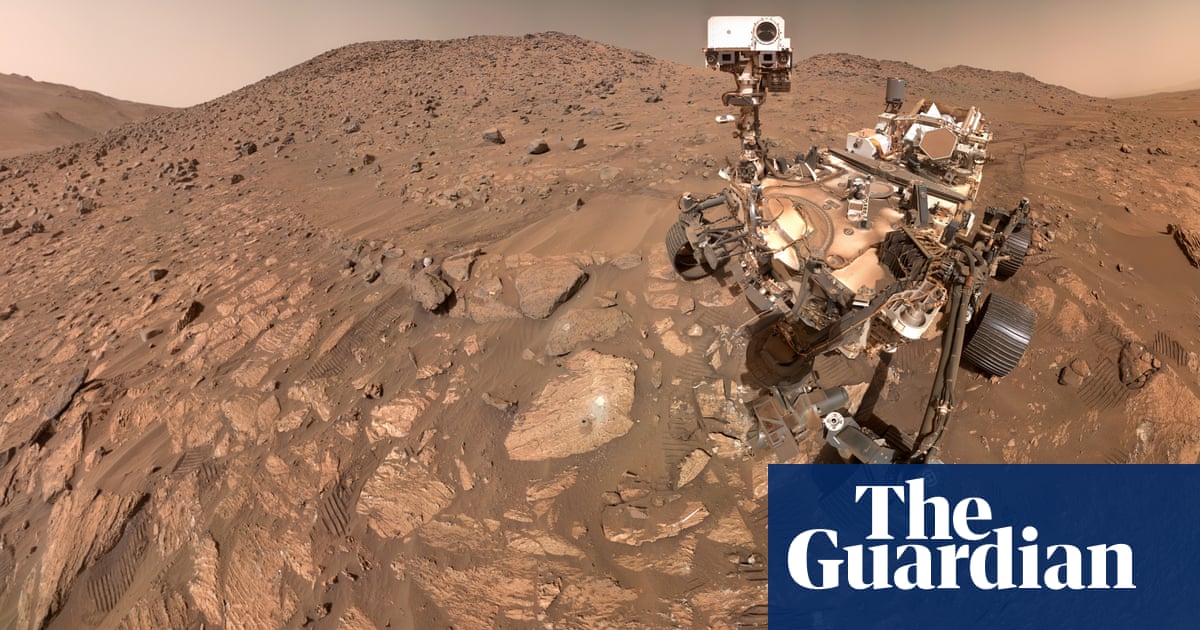
The Perseverance rover, a robotic explorer sent by NASA to Mars, has discovered a rock on the Red Planet that scientists believe could contain evidence of ancient microbial life. The rock, named Cheyava Falls after a waterfall in the Grand Canyon due to its shape and size, was found on July 21, 2024 in the Neretva Vallis valley. This quarter-mile-wide valley is believed to have been carved out by rushing water billions of years ago.
The rock measures over three feet by two feet and has intriguing features that have caught the attention of scientists. It contains large white veins of calcium sulfate, which are indicative of water having once flowed through the area. Additionally, there are dozens of small leopard spot-like features on the rock, each surrounded by a black ring containing iron and phosphate.
Scientists have directed Perseverance to explore rocks that were shaped or changed by running water in the hopes of finding evidence of microbial life. The rover's instruments, such as SHERLOC and a precision X-ray device powered by artificial intelligence, have been used to examine the rock in detail.
The presence of organic matter and signs of chemical reactions that release iron and phosphate, which can provide an energy source for microbes, have led scientists to believe that this rock could contain fossilized microbial Martians. However, non-biological processes could also have formed the rock's unique features.
Perseverance is part of NASA's Mars 2020 mission and landed on Mars in February 2021. A future mission will likely bring a rocket to the surface of Mars to retrieve the collected samples for further study on Earth.
The discovery of this potential biosignature on Mars is an exciting development in the search for evidence of ancient life beyond Earth. However, scientists are cautious about drawing definitive conclusions based on this single finding and will continue to study the rock and other samples collected by Perseverance.

